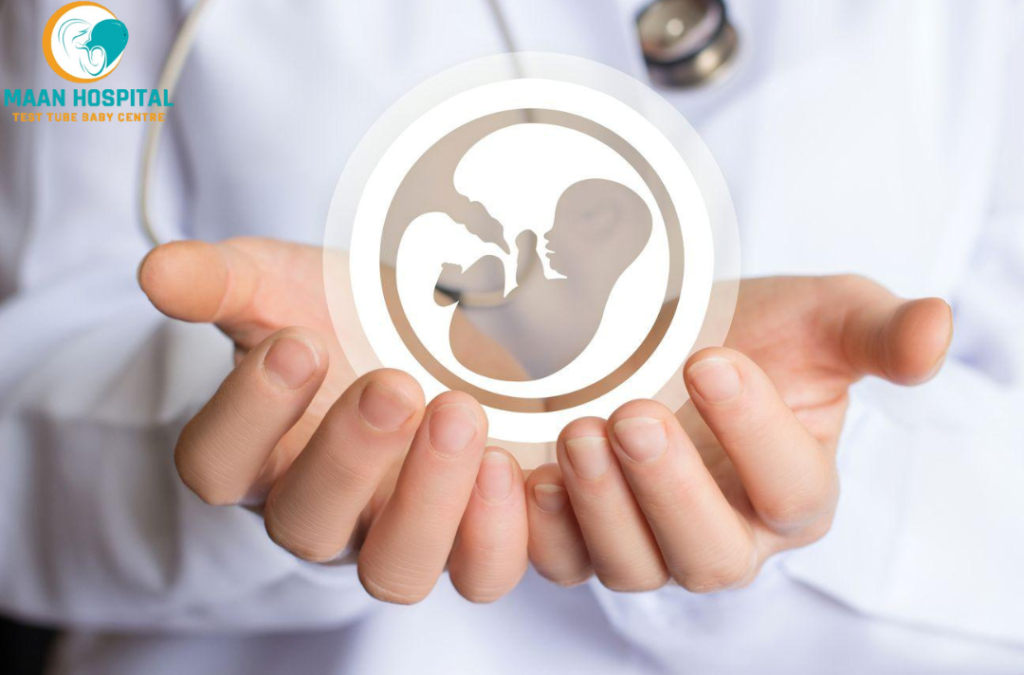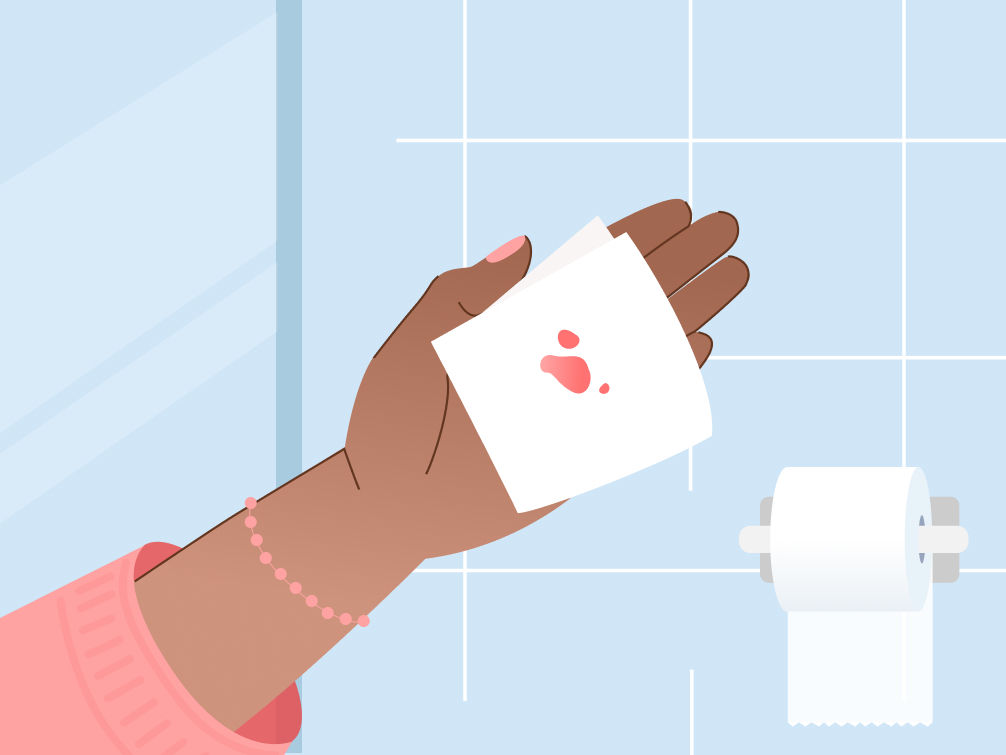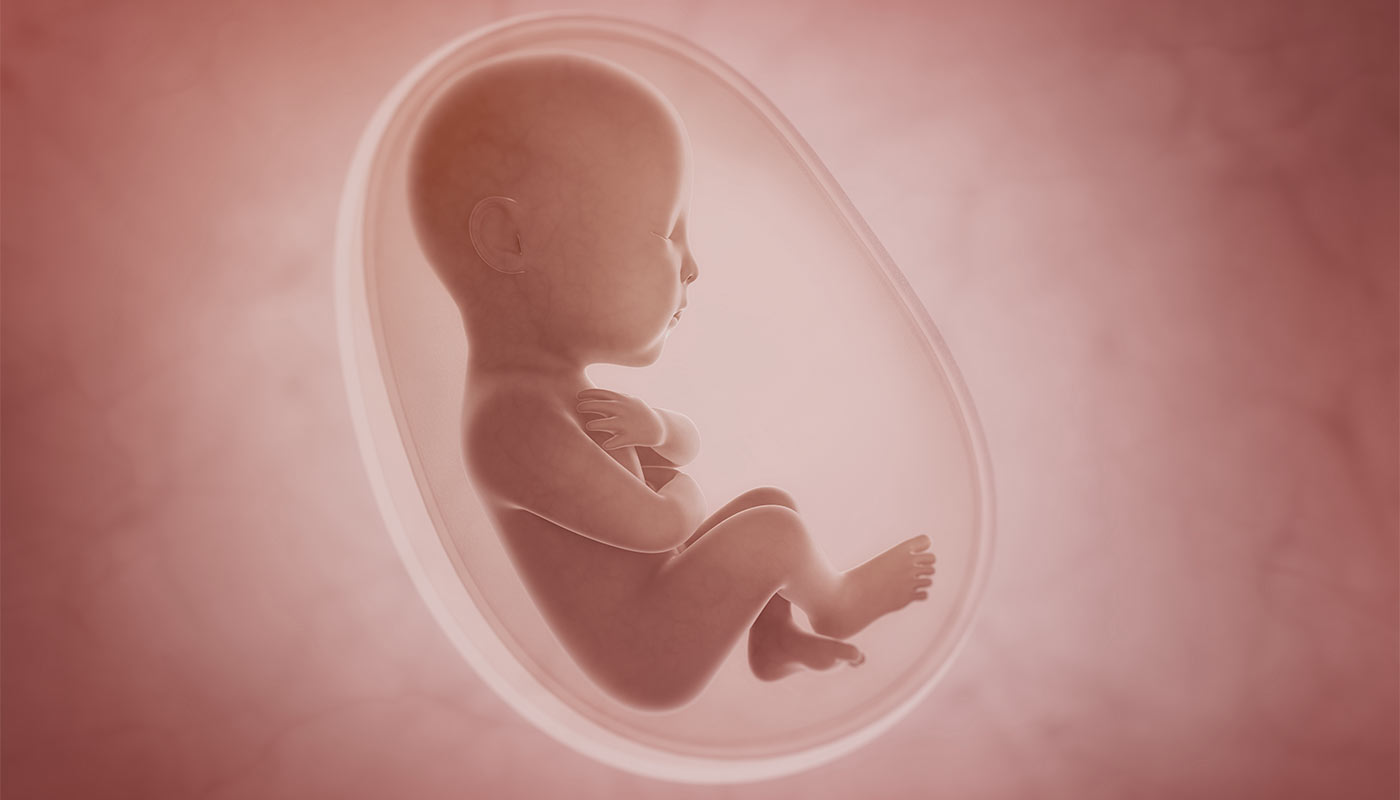Your High-Risk Pregnancy Journey: Specialized Care at Maan Hospital, Bhopal
What is a High-Risk Pregnancy?

A high-risk pregnancy is defined by health issues that may affect the mother, the baby, or both. These issues can result from pre-existing health conditions of the mother or complications during pregnancy. Other factors, such as age, weight, or carrying multiples, can also contribute to a high-risk pregnancy. Specialized care and more frequent check-ups are needed to ensure the well-being of both mother and baby. Dr. Viraj Jaiswal, the top obstetrician at Maan Hospital in Bhopal near Koh E Fiza, excels in managing high-risk pregnancies. She creates personalized care plans to meet the unique needs of each mother.
Signs and Symptoms of High-Risk Pregnancy
It is essential to be aware of the signs and symptoms that may indicate a high-risk pregnancy. These include:
- Severe abdominal pain or cramping
- Excessive bleeding or spotting
- Severe headaches or visual disturbances
- Decreased fetal movements
- Shortness of breath or chest pain
- Sudden swelling of hands, face, or legs
- High blood pressure

Signs and Symptoms of High-Risk Pregnancy




Severe abdominal pain or cramping
Excessive bleeding or spotting
Severe headaches or visual disturbances
Decreased fetal movements



Shortness of breath or chest pain
Sudden swelling of hands, face, or legs
High blood pressure
What Are the Complications of High-Risk Pregnancies?
Pre-eclampsia
High blood pressure during pregnancy can damage important organs like the liver or kidneys if not treated properly.
Gestational diabetes
High blood sugar during pregnancy can cause the baby to be born early or grow too large.
Preterm labor
Premature birth occurs when the baby is born before 37 weeks, which can affect the baby’s growth and development.
Placental abruption
Placental abruption happens when the placenta separates from the womb too early, leading to serious bleeding.
Fetal growth restriction
Intrauterine growth restriction (IUGR) means the baby is not growing at a healthy rate, and early delivery may be needed.
The expert team at Maan Hospital on Sultania Road near Jahangirabad watches high-risk pregnancies closely to avoid these problems and keep the mother and baby as healthy as possible.
How is High-Risk Pregnancy in Bhopal Diagnosed and Monitored?
- Ultrasounds: These are special pictures that help doctors see how the baby is growing and if everything looks okay.
- Blood tests: These tests check for things like high blood sugar (gestational diabetes), low iron (anemia), or infections.
- Non-stress tests (NST): This test looks at the baby’s heart rate to make sure the baby is healthy.
- Amniocentesis: Sometimes, this test is done to check if the baby has any genetic issues or infections.

What is the Treatment for a High-Risk Pregnancy bhopal explained by Dr. Viraj Jaiswal?
- Medications: If a mother has high blood sugar (gestational diabetes) or high blood pressure, doctors may give her medicine to keep her healthy.
- Bed rest: If the mother is at risk of having the baby too early or has other issues, the doctor might tell her to rest in bed to avoid too much strain on her body.
- Early delivery: Sometimes, doctors need to deliver the baby early if it’s safer for both the mother and baby.
- Specialized care: High-risk pregnancies often need care from a team of doctors, like obstetricians, specialists in high-risk pregnancies, and baby doctors (neonatologists).
At Maan Hospital, they have advanced medical tools to take great care of high-risk pregnancies and all kinds of gynecology and obstetrician treatment in Bhopal. They ensure that mothers and babies receive the highest quality of care!
How common is a High-Risk Pregnancy?
High-risk pregnancies are more common than many realize, affecting about 6-8% of all pregnancies. Factors such as the mother’s age, existing health issues like diabetes or high blood pressure, and certain lifestyle choices can increase these risks. Women over 35 or those expecting twins (or more) often fall into this category. At Maan Hospital, Dr. Viraj Jaiswal focuses on managing high-risk pregnancies, offering compassionate care to safeguard the health of both the mother and the baby.
How Can I Prevent a High-Risk Pregnancy?
Manage Health Conditions
Women with conditions such as diabetes or high blood pressure should collaborate with their healthcare provider to manage these issues before conceiving.
Maintain a Healthy Lifestyle
Consuming nutritious foods, exercising regularly, and steering clear of harmful substances like tobacco and alcohol can contribute to a safer pregnancy.
Attend Regular Check-Ups
Frequent doctor visits throughout pregnancy are essential for early detection of any potential complications and for ensuring the health of both mother and baby.
Take Prenatal Vitamins
Essential vitamins, particularly folic acid, support healthy fetal development and decrease the likelihood of birth defects.
Dr. Viraj Jaiswal, a leading gynecologist and obstetrician at Maan Hospital, provides preventive care and guidance to expectant mothers, helping them reduce the risks associated with high-risk pregnancies.
Frequently Asked Questions
Yes, additional tests may include specialized ultrasounds, non-invasive prenatal testing (NIPT), and more frequent monitoring of the baby’s heart rate and movement.
Staying positive can be tough, but focusing on the things you can control, talking to supportive friends or family, and joining support groups can help. Remember, many women have healthy pregnancies and babies, even if they start high-risk.
Some high-risk conditions may pose risks to the baby’s health at birth, but many babies go on to be healthy. Consistent monitoring and care throughout pregnancy can enhance outcomes.
Maintaining a healthy diet, exercising gently, avoiding harmful substances like tobacco and alcohol, and attending all prenatal appointments can support a healthier pregnancy.
